US lawmakers discuss "not waiting for reparations" in House subcommittee hearing
Washington DC – Lawmakers on Tuesday danced around reparations in a House subcommittee hearing on the lasting impacts of enslavement and discrimination against Black Americans.
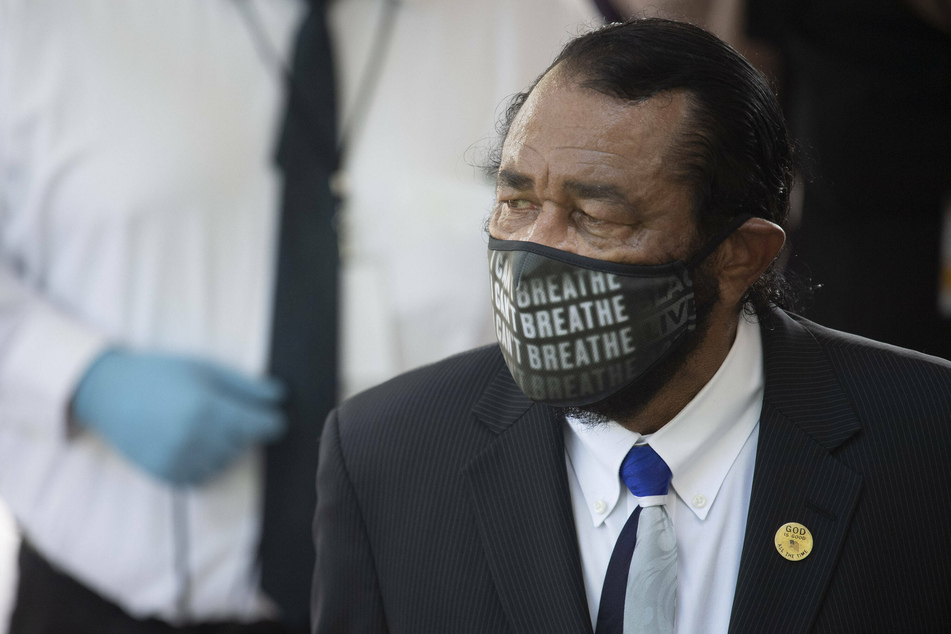
The US House Subcommittee on Oversight and Investigations, part of the Financial Services Committee, held a hearing on Tuesday entitled An Enduring Legacy: The Role of Financial Institutions in the Horrors of Slavery and the Need for Atonement.
The hearing, chaired by Texas Rep. Al Green, summoned lawmakers, scholars, and activists to speak on US financial institutions' culpability in the historic disenfranchisement of Black people in America.
Primary sponsor of HR 919, Green took the opportunity to tout the bill, which calls for a Cabinet-level Department of Reconciliation with a Secretary of Reconciliation who would report directly to the president.
To explore the need for such a department and other measures to address racial disparities in the US, the committee invited renowned scholars in various fields as well as fair housing advocate Nikitra Bailey to put their expertise on record.
The witnesses were in agreement that financial institutions and other entities should be held accountable for their complicity in the harm inflicted on Black people, tracing the impacts of that history from enslavement to the present day.
Identifying the problem
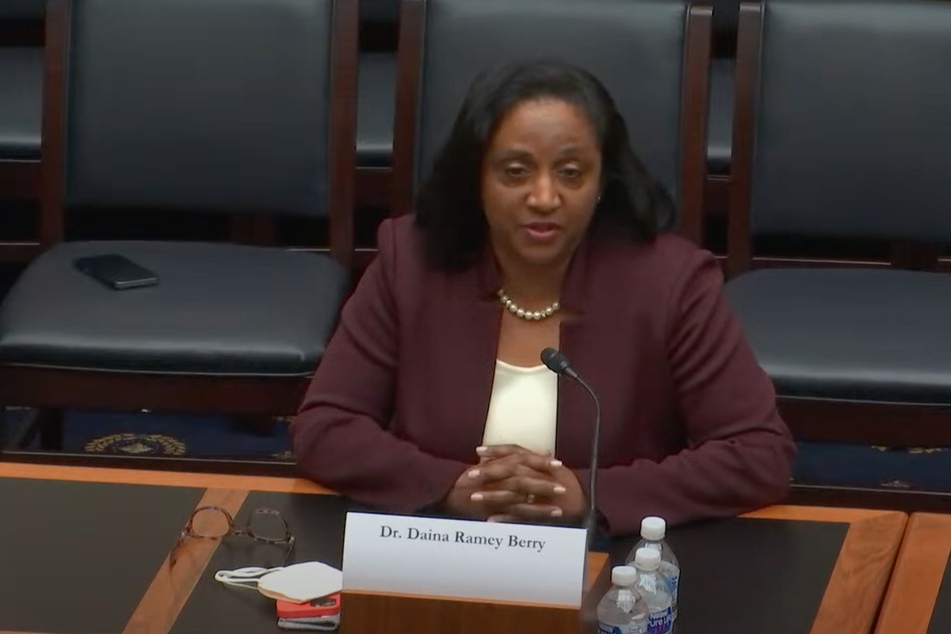
The witnesses outlined the direct connections between US banks' and insurance companies' role in enslavement and today's racial disparities in wealth, income, housing, and more.
Dr. Daina Ramey Berry, chair of the History Department at the University of Texas at Austin, described the way financial values were assigned to Black people at each stage of their lives, insisting that there are records detailing banks' involvement in the practice.
The impact of those actions on Black people today cannot be overestimated. As she put it, "The wealth gap is so wide that most of us will not see it narrow in any appreciable way in our lifetimes."
Dr. Sven Beckert, a Harvard University historian, spoke on the huge wealth generated through free labor: "During the 1840s and 1850s, between 10 and 14% of the US GNP derived directly from the labor of enslaved people. [...] The capital stored in these enslaved people exceeded the combined value of the nation's railroads and factories at the time."
This complicity permeated every aspect of American society, and the financial sector played a major role in establishing connections among plantations, factories, and other entities, allowing the US to develop into a global economic powerhouse.
He also drew connections to the present day: "In 2021, all manufacturing activities in the United States combined contributed 11% to the nation's economic output, which is roughly the same share the labor of enslaved people contributed during the antebellum years."
Beyond banking
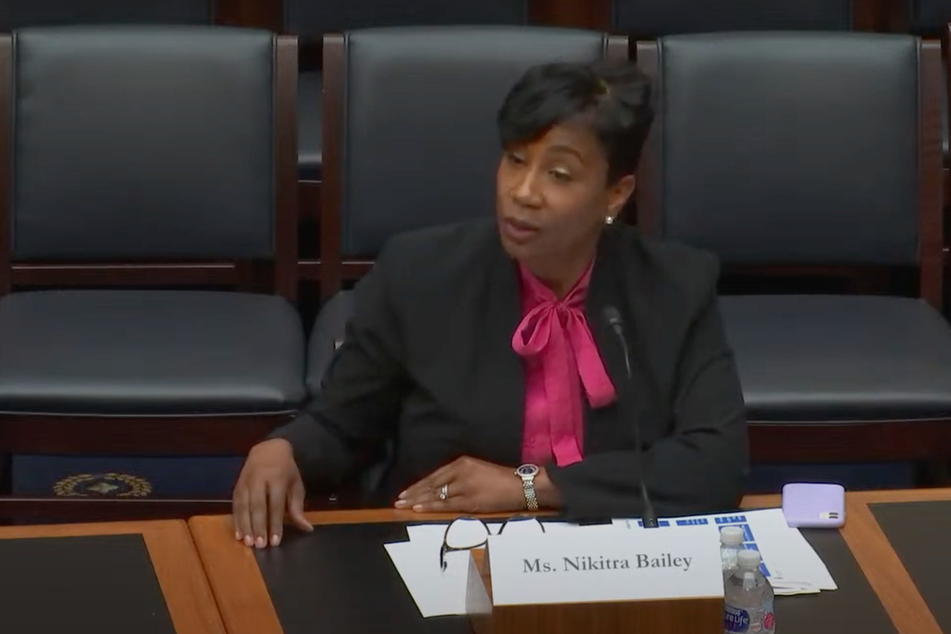
Bailey, senior vice president of public policy at the National Fair Housing Alliance, agreed that the "stain of slavery" extends beyond the banking system into other sectors as well, including housing.
The Federal Housing Administration "systematized discrimination in housing" over the years, she explained.
To this day, banks continue to deny lower interest rates and cost savings to Black homeowners, putting them at greater risk of foreclosure during the ongoing Covid-19 crisis.
Bailey added that redlining, a practice that systematically denies resources, services, and funds to Black neighborhoods, still exists. She pointed out that banks made 3.9 billion home mortgage loans in 2020, but only 3.9% of those went to Black consumers.
She also said the Black-white wealth gap grew by $20 trillion since the onset of the pandemic.
Given the ongoing disparities experienced by Black Americans, Berry said holding financial and other US institutions accountable is necessary because "the wealth generated from [enslaved people's] labor still serves as the foundation for the economy."
"Shouldn’t we not wait for reparations?"
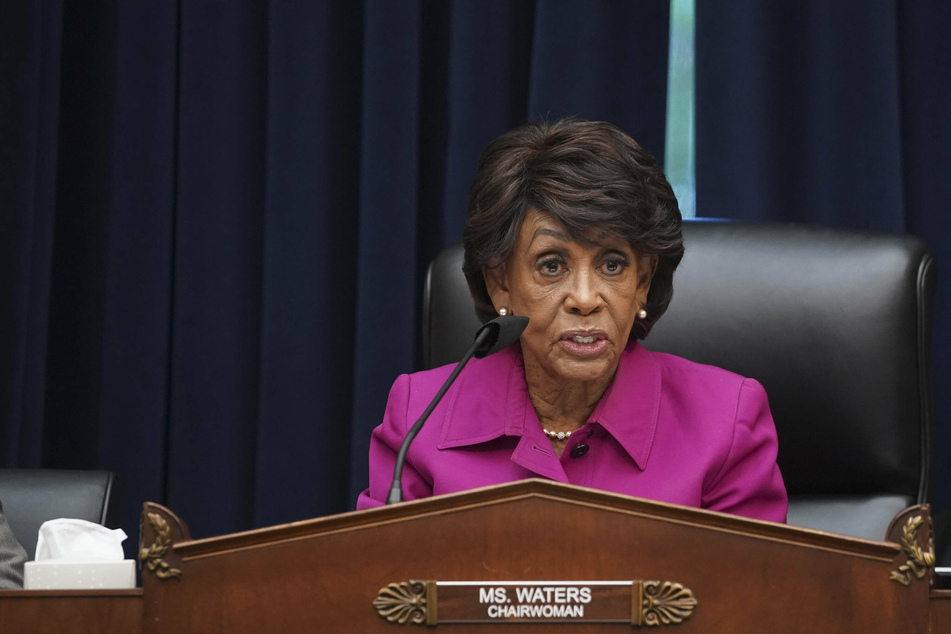
In light of the historic magnitude of this harm, Black people and allies around the country are demanding the government do its part to repair the damage.
Maxine Waters, chair of the Financial Services Committee, argued that financial institutions be held accountable for their predatory practices now – without waiting for federal reparations legislation.
"Shouldn’t we not wait for reparations?" the California Democrat asked. "Shouldn’t there be a way that the banks and insurance companies move forward now?"
Dr. William Darity Jr., a Duke University professor of public policy, African and African American studies, economics, and business, said that while financial institutions are not off the hook, politicians should also remain focused on creating a national reparations program.
The minimum amount needed to close the racial wealth gap is $14 trillion, he said, adding that "only the federal government has the capacity" to meet that required sum.
"While all the actions [financial institutions] took were wholly immoral, they were actually legal under the conditions of law that existed in the United States of America," he continued. "The ultimate degree of culpability has to be assigned to the federal government, and it's the federal government that must ultimately pay the bill for reparations."
Legislation in the US House, dubbed HR 40, would create a federal commission to study and develop reparations proposals for Black Americans. Supporters describe it as the first step toward such a federal reparations project.
Despite its overwhelming popularity, House leadership has yet to bring the bill to a vote, even though advocates say it has enough confirmed support to pass in the lower chamber.
While financial institutions should by all means address their dark legacies with concrete measures, "we don't have to wait for anything to happen with respect to federal action," Darity insisted.
Holding institutions accountable
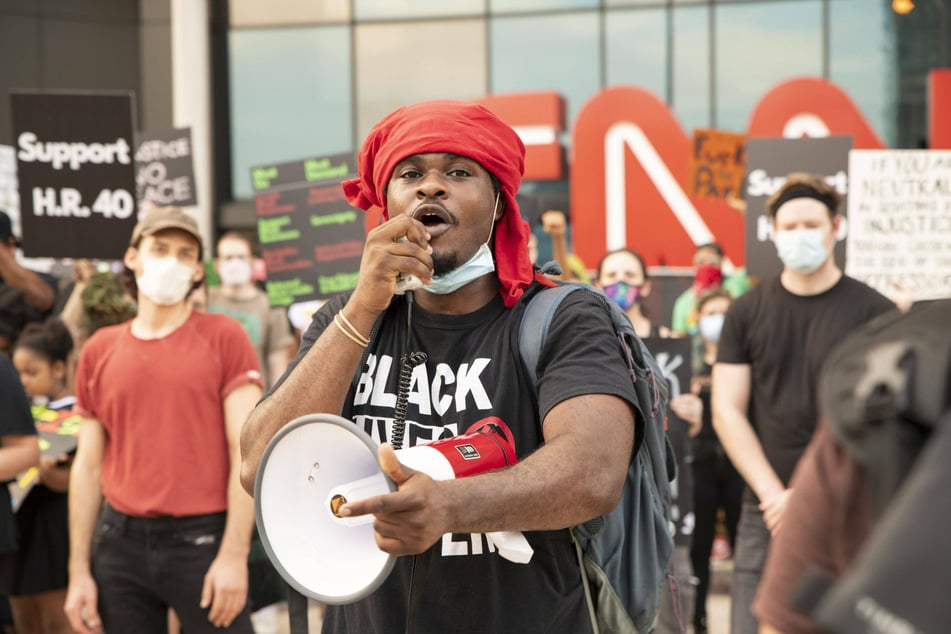
Participants in the hearing were careful not to describe their proposals as a substitute for a federal reparations study commission.
Nevertheless, they did venture a few ideas for ways the US government and financial institutions could act to address racial disparities – even though House leadership has yet to bring HR 40 to a vote.
Darity suggested that financial institutions could invest in closing the endowment gap for historically Black colleges and universities (HBCUs).
HBCU endowments are smaller than those of predominantly white institutions because of the way resources have historically been allocated and because HBCU alumni are typically not able to donate as much due to the racial wealth gap, the Duke professor explained. Closing this gap is important, as HBCUs provide a "safer haven" for Black students and "insulation from predatory for-profit colleges and universities."
Bailey also added that the government should remain focused on passing affordable housing measures included in the Build Back Better Act, which stalled in the Senate after Democratic Sens. Joe Manchin and Kyrsten Sinema refused to side with their own party in advancing the social spending package.
At the end of the hearing, Green returned to his bill to create a federal Department of Reconciliation, asking the witnesses whether they would support such a plan.
"I support reparations. I support HR 40. I support Barbara Lee’s Truth and Reconciliation Commission," the Texas Democrat said. He stressed that his bill would not interfere with the formation of a reparations study commission.
"Reconciliation won’t take place over a short period of time. This department will be as enduring as the Department of Labor is," he continued. He also said he wanted to create a Slavery Remembrance Day, which, unlike Juneteenth, would not be a paid federal holiday.
All of the witnesses agreed that they would support the provisions outlined in HR 919, with Bailey calling the move "morally appropriate" and Beckert deeming it "a plausible way forward."
Nevertheless, many reparations advocates remain focused on bringing HR 40 to a full House vote, saying the commission is the necessary next step in addressing America's long history of racial violence and discrimination.
Cover photo: IMAGO / ZUMA Wire

